.png)
.png)
I’ve been deeply interested in health and supplements for years — not just casually, but out of necessity. Growing up, I was surrounded by illness within my family and among people close to me. That reality pushed me to seek answers, to explore how nutrition, supplementation, and lifestyle choices can make a real difference in overall wellness and longevity.
For a long time, though, I felt like I was piecing together information from scattered sources — books, influencers, blogs, and whatever research I could find. I didn’t realize then that much of what we see on shelves or online isn’t the whole truth. That all changed when I met someone who completely shifted my understanding of the supplement industry.
A few years ago, I crossed paths with a man whose name I won’t mention here out of respect for his privacy — but he’s the founder of one of the most respected, doctor-trusted supplement companies in the world. If you follow top health influencers, chances are you’ve heard of his brand. It’s the one many of them call their number-one choice.
More importantly, he became my mentor.
From day one, he opened my eyes to the reality of the supplement industry. What he shared shocked me — and it changed the way I view every bottle, every label, and every claim in this space.
One of the first things he told me still echoes in my mind: over 90% of the supplements on the shelves are not what they claim to be.
Not because most brands are intentionally misleading people — many actually have good intentions — but because the industry is largely unregulated. Here’s what I learned:
This isn’t conspiracy theory — this is reality. And the man who taught me this isn’t just another voice in the industry; he actually advises the FDA and is working tirelessly to push for stronger regulation to protect consumers.
Learning all of this was both empowering and unsettling. On one hand, I finally understood why so many people feel confused about supplements — there’s a lot of noise, and very little transparency. On the other hand, I realized that quality matters more than anything.
When it comes to supplements, “manufactured by” matters far more than “manufactured for.”
The only brands I personally trust are those that own their manufacturing facilities and control the entire process, from sourcing raw ingredients to final testing. Anything less introduces too many risks.
This journey is what led me to create this website and platform. My goal is simple: to cut through the confusion and give people access to clear, trustworthy, science-backed information — and to recommend only products that meet the highest possible standards.
If there’s one thing I’ve learned, it’s this: not all supplements are created equal. In fact, most aren’t even close. But there are companies out there doing it right — hiring real experts, investing in quality, and caring deeply about the end result.
That’s where I focus my energy now: helping people find those companies, those products, and those solutions that actually make a difference.
This isn’t just about supplements. It’s about trust, transparency, and your health. And I’m committed to building something here that helps people cut through the noise and make the best decisions for their bodies and their future.
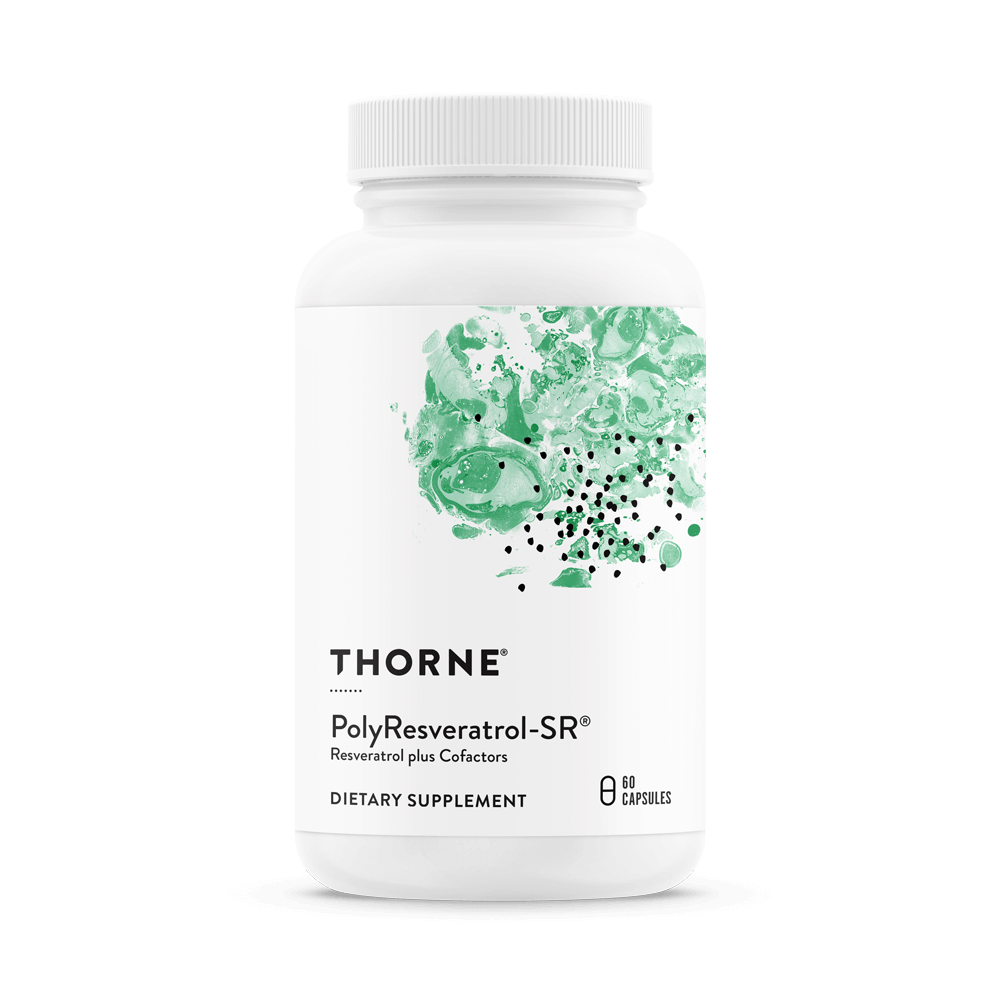
I first started taking resveratrol when I was about 25—drawn by the promise of vitality, brain clarity, and the allure of “anti-aging” from red wine compounds. Now, after years of making it a constant in my routine, I find myself reflecting on what’s real, what’s hopeful, and what’s still uncertain.
When I got into resveratrol, it felt like joining a cutting-edge wellness movement—David Sinclair’s research on lifespan extension in mice (up to +24%) was dazzling GoodRx+15WIRED+15The Art of Anti-Aging+15. Add to that the studies showing positive effects on heart, metabolism, and cognitive markers in animals—it all lit a fire under my curiosity NARA HEALTH.
Over time, I’ve felt subtle support around my cardiovascular system—lower blood pressure and improved blood-fat profiles seem plausible. Many sources reinforce that resveratrol may boost nitric oxide, helping blood vessels relax, and potentially improving cholesterol balance Healthline.
One of the standout effects I attribute to resveratrol is its anti-inflammatory, antioxidant action. It feels like a guard at the gate, especially on days when oxidative stress or environmental strain hits. Long-term human studies show potential in reducing inflammatory biomarkers, though results are mixed MASI Longevity Science.
Honestly, I credit resveratrol for modest boosts in clarity and concentration. Some human trials and meta-analyses demonstrate slowed cognitive decline or improved recognition and mood in Alzheimer’s contexts Wikipedia+2Alzheimer's Drug Discovery Foundation+2. Animal studies back this with promising endurance too.
Over the years, I’ve noticed my skin seems more resilient. Literature supports resveratrol’s action against free radicals—and even offers protection from aging signs like UV damage and wrinkle development Health+10The Art of Anti-Aging+10Healthy Focus+10.
I’ve been using moderate doses for years with minimal issues—no GI troubles or side effects. Many sources affirm resveratrol’s safety profile at moderate intake levels Perpetua Life BlogCleveland Clinic. That said, higher doses (500 mg+) can cause nausea, diarrhea, or flatulence in some people Wikipedia.
Despite the early excitement, the human clinical picture remains uneven. Some studies show little to no effect on glucose, insulin sensitivity, lipid oxidation, or blood pressure—even showing a decline in insulin sensitivity in one small trial Tru Niagen. Even Wikipedia notes there's no high‑quality evidence that resveratrol improves lifespan or has substantial effects on human disease Tao of Wellness+15Wikipedia+15Tru Niagen+15.
Resveratrol’s low absorption and short half-life mean that despite daily intake, achieving and sustaining effective levels in the body remains a challenge Perpetua Life BlogAlzheimer's Drug Discovery Foundation. Long-term human benefits are promising in cell studies but still need more solid, controlled trials to confirm real-life impact Earth ElixirMASI Longevity Science.
I’ve held onto resveratrol as one layer in a broader health framework—not a miracle, but a modest ally. Pairing it with antioxidant-rich foods (grapes, berries, dark chocolate) and a healthy lifestyle probably amplifies its effects nypost.comReal SimpleTao of Wellness.
If you’re thinking of trying it, my advice: start moderate, be consistent, pair with lifestyle habits, and check in with your healthcare provider—especially if you have hormone-sensitive conditions, are on medications, or considering high-dose supplements Verywell HealthGoodRx.
In summary: After years of taking resveratrol, it’s become a meaningful part of my wellness journey—a low-risk supplement that supports heart, brain, skin resilience, and maybe even aging gracefully. But I view it as complementary, not a cure-all. The science is still evolving, and I stay open-minded, grounded in evidence—but optimistic about the subtle boost it offers along the way.
.webp)
I’ve lived my whole life health-sensitive and health-conscious because I had no choice. I’ve seen what illness does to people you love—how stress, poor sleep, and slow-burning deficiencies eat away at their energy, resilience, and vitality. That’s why I dig into the details, looking for what the body truly needs to hold the line against decline.
And again and again, magnesium keeps coming up. Not as some exotic supplement, but as a fundamental mineral that almost everyone is running low on—and the consequences are massive.
Magnesium is involved in over 300 biochemical reactions in the body. It’s critical for:
And here’s the brutal truth: modern life strips magnesium from us. Processed foods, soil depletion, chronic stress, alcohol, caffeine—all accelerate deficiency. Estimates suggest up to 70% of adults are deficient without even realizing it.
1. Stress and Anxiety
2. Sleep Quality
3. Energy and Recovery
4. Heart and Longevity
5. Inflammation and Resilience
After watching family members collapse under disease, I started looking for the hidden gaps—the small deficiencies that silently create massive vulnerability over time. Magnesium is one of those.
It’s cheap. It’s accessible. And yet deficiency is everywhere—and it shows up as stress, poor sleep, brain fog, high blood pressure, and fatigue. For me, supplementing magnesium isn’t optional. It’s one of the simplest ways to bulletproof against the stressors of modern life.
Daily Foundation
Best Forms
Stacking
Magnesium supplementation can help almost anyone, but it’s especially powerful for:
Magnesium isn’t glamorous, but it’s essential. It’s one of the rare interventions that touches nearly every system in the body: brain, heart, muscles, immune system, sleep.
For me, it’s about resilience. Because I’ve seen how quickly health collapses when the body can’t regulate stress, recover at night, or maintain energy during the day. Magnesium is a simple, inexpensive, proven way to strengthen that foundation.
And after everything I’ve witnessed in my family, I refuse to ignore foundational tools. Prevention isn’t optional—it’s survival.
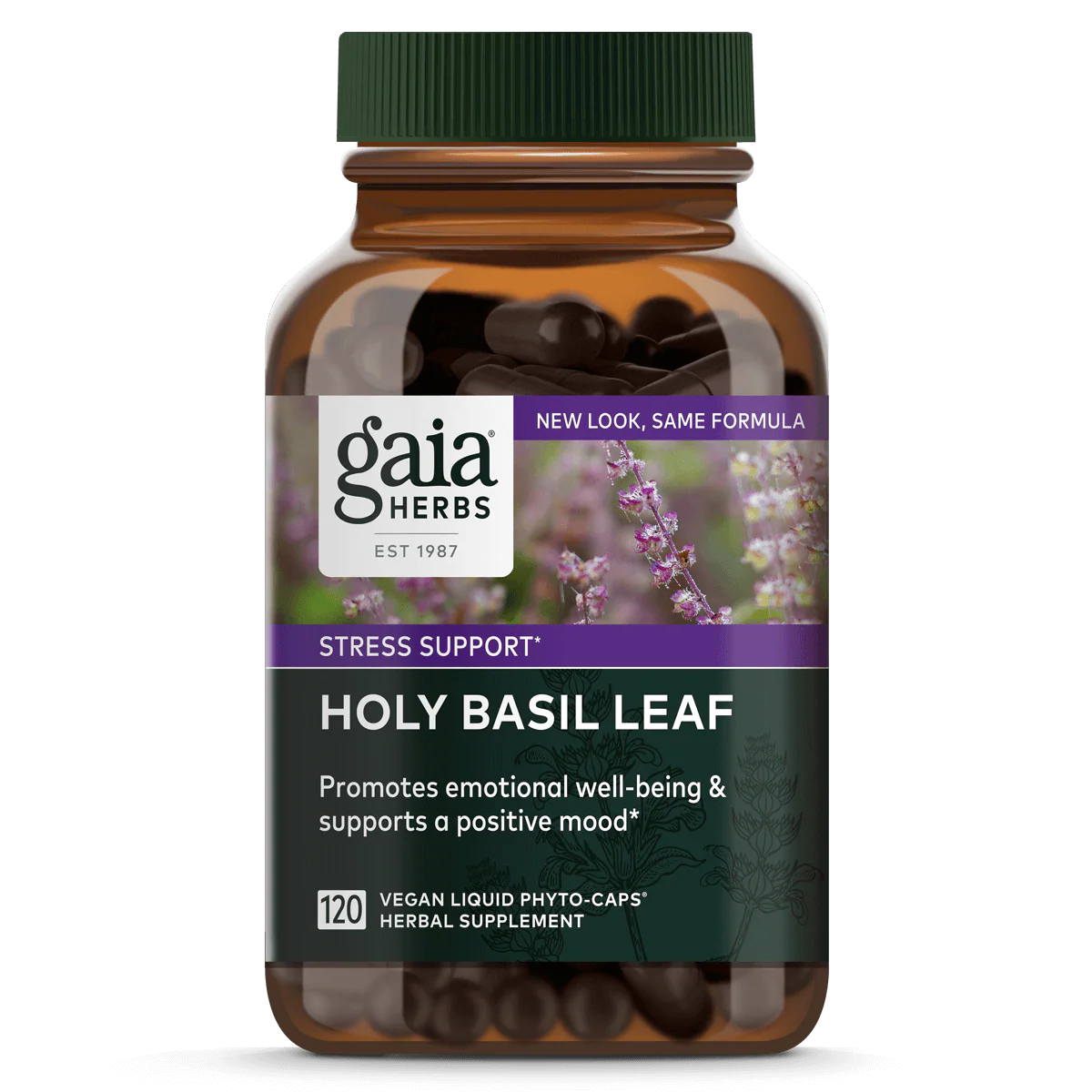
I’ve taken holy basil—also called tulsi—every day for 20+ years. It’s one of those quiet, reliable rituals that keeps me grounded. For me, tulsi helps with indigestion and heartburn, settles my anxiety, smooths out my sleep, and honestly… it tastes great. I drink it as tea, take it as an extract, and I’m even toying with the idea of making a clean, low-sugar tulsi gummy so more people can enjoy it.
Over the years I’ve heard every opinion under the sun about herbs. So I dug into the research to sanity-check my lived experience. Here’s what I found—and why I think tulsi deserves a spot in more people’s routines.
Herbs are powerful. Respect them.
Personal note: I treat tulsi like a daily tonic, but I still lean on basics—sleep hygiene, movement, breathwork, real food. The herb complements the lifestyle; it doesn’t replace it.
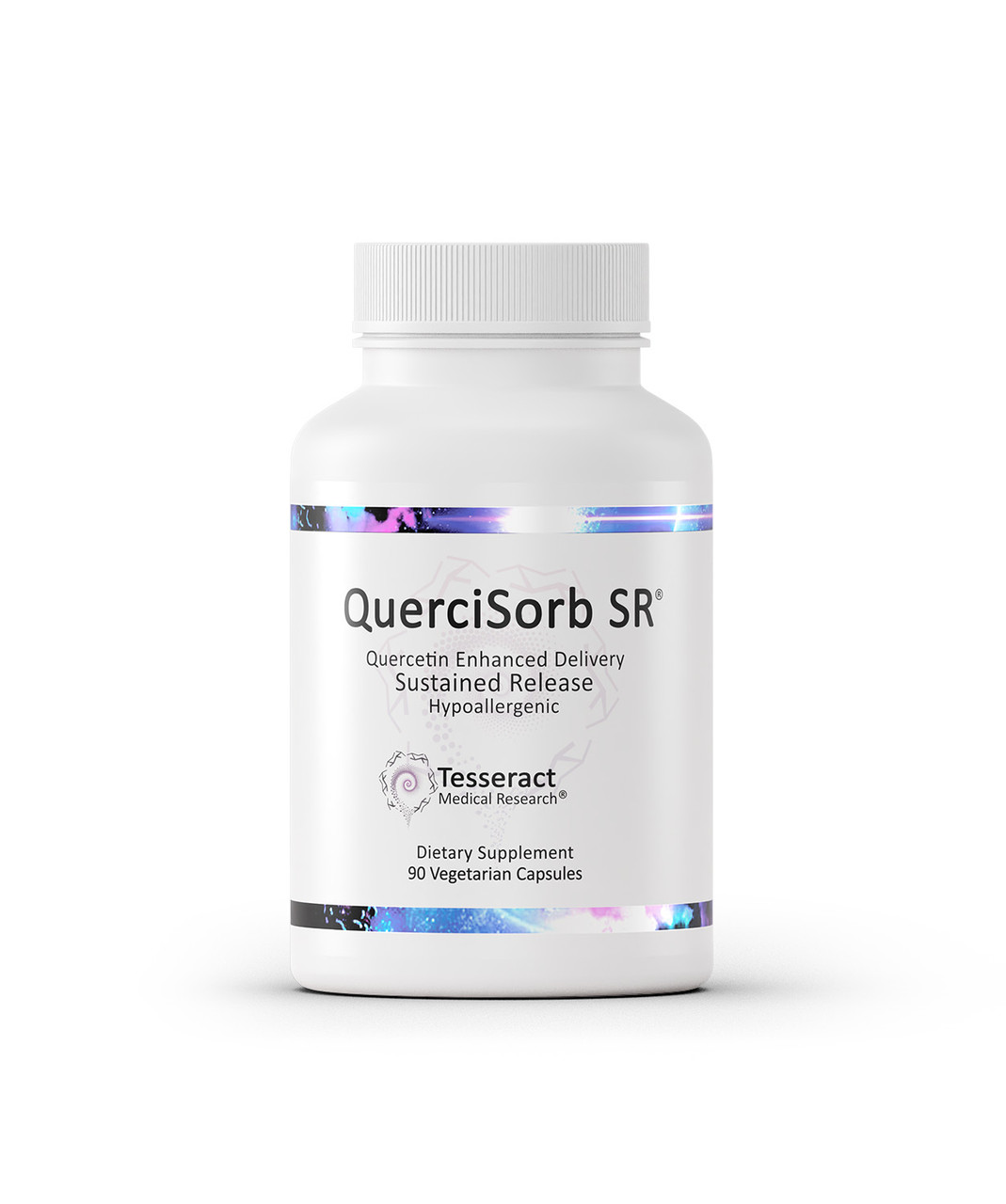
Quick note: this is our family’s story, not medical advice. Supplements can interact with meds and aren’t one-size-fits-all. Talk to your clinician before trying anything new.
During a season when my family was juggling inflammation, seasonal allergies—and even supporting one of our kids on the spectrum—I went looking for something gentle, natural, and science-backed that we could add to our routine. That trail kept leading to quercetin: a plant flavonol concentrated in onions, apples, berries, capers, and tea, known for antioxidant and anti-inflammatory activity. MDPILinus Pauling Institute
Over time, adding quercetin became one of those small, consistent levers that seemed to make a big difference for us—especially around inflammation and histamine-related flare-ups.
For us, the biggest early shift was calmer “background inflammation.” Mechanistically, quercetin can down-regulate inflammatory cytokines and enzymes, which tracks with why it’s studied across inflammatory conditions. SpringerLinkScienceDirect
It also behaves a bit like a natural antihistamine/mast-cell stabilizer in lab models—helping curb histamine release and mast-cell cytokines. That’s relevant if your family, like mine, gets the allergy cascade (itchy eyes, sneezes, brain fog). Human data are still limited, but there’s a plausible path from mechanism to lived experience:
That lines up with what we felt: less “histamine noise,” fewer flare-days.
Part of our motivation was supporting our kiddo on the spectrum. On quercetin (plus other basics like sleep, diet, and movement), we noticed steadier days—less reactivity when histamine spiked, and occasionally better sleep.
To be super clear: the autism evidence is early. Research highlights possible roles for mast-cell activation and neuroinflammation in some individuals with ASD; animal models suggest quercetin might modulate inflammatory signaling and behavior, but robust human trials are lacking. So we treat this as adjunctive support, not a cure. ScienceDirectSpringerLink
When our family got COVID, we used a bundle of commonsense care—and we added quercetin with zinc. We recovered and felt the combo helped us turn the corner faster.
What the research says: small open-label randomized outpatient trials (and pilot studies) have explored quercetin phytosome as an add-on in early COVID—suggesting quicker symptom resolution and fewer escalations, though the studies are small and unblinded, so the evidence is preliminary. There’s also an in-vitro paper showing quercetin can act as a zinc ionophore (it helps shuttle zinc into cells), which is one biologic rationale for pairing the two. Again: not a cure, not a substitute for standard medical care. FrontiersDove Medical PressMedRxivBibSonomy
Beyond how we felt, I care about numbers. Meta-analyses of randomized trials suggest quercetin can modestly lower blood pressure—on the order of a few mmHg—with effects most apparent at ≥500 mg/day. Some reviews also report small favorable shifts in glucose/lipid markers in metabolic syndrome. That’s not a magic wand, but over years, a few mmHg matters. Touro ScholarOxford AcademicScienceDirect+1
Typical study ranges for quercetin in humans land around 250–1,000 mg/day for up to ~12 weeks, though products and protocols vary. I treat those as ballpark research ranges, not prescriptive dosing. WebMD
Quercetin isn’t a silver bullet. But as part of a bigger lifestyle picture—sleep, sunlight, protein-rich meals, movement—it’s been a quiet game-changer for my family: fewer histamine-storm days, calmer inflammation, and a little extra resilience when we need it most. The science backs parts of what we’ve felt (especially on inflammation, allergies, and modest cardiometabolic effects), and it’s growing—but it’s also honest about the limits: more large, blinded trials are needed, particularly for autism and for infectious disease outcomes. MDPIAACI JournalTouro Scholar
If you’re curious, partner with a clinician who knows your history, start with food, choose a well-tested supplement form if you go that route, and go slow. That’s been our rhythm—and it’s worked for us.

I’ve been taking curcumin since I was young. Living with degenerative disc disease and spinal stenosis (and a heavy family history of cancers), I’m careful about what I put in my body. Over the years I’ve noticed something simple but real: I feel better when I’m consistent with curcumin. This post is my take—what I use it for, what the research actually says, and how I take it safely.
Not medical advice—just my experience plus the best evidence I could find.
Curcumin is the major active compound in turmeric. In lab and clinical studies, it acts on the body’s inflammation pathways (think NF-κB, COX-2 and friends), which helps explain why people use it for achy joints or chronic, low-grade inflammation. The U.S. National Center for Complementary and Integrative Health (NCCIH) sums it up well: lots of studies exist, but conclusions still vary—and high-absorption (“bioavailable”) formulas have raised some safety flags (more on that below). NCCIHMDPI
This is the clearest win. A 2022 systematic review and meta-analysis of 29 randomized trials (2,396 people; several forms of arthritis) found that curcumin or turmeric extracts improved pain and function versus placebo and performed similarly to NSAIDs in some studies—generally with fewer side effects. Most trials ran 4–16 (up to 36) weeks with daily doses roughly 120–1,500 mg of curcumin/curcuminoids. Frontiers
For knee osteoarthritis specifically, a 2025 meta-analysis also showed curcumin helped inflammation markers in blood, lining up with the symptom relief people report. BioMed Central
Evidence is thinner but interesting. Reviews that include nano-curcumin formulations suggest benefits for chronic pain conditions, including a randomized trial reporting reduced low-back pain and disability versus placebo when a nano-formulation was used. That said, formulations matter a lot here, and the data are still early. SpringerLink
Across many randomized trials, curcumin shows small improvements in lipid profiles and glycemic control, but results vary. A 2025 umbrella review pulled together multiple meta-analyses on lipids; overall signal is positive but modest, and not a substitute for standard care. Oxford Academic
Small clinical trials and meta-analyses suggest curcumin can help depressive symptoms, potentially via anti-inflammatory and neurotransmitter effects. It’s complementary, not a standalone treatment. FrontiersScienceDirect
Given my family history, I pay attention here. Lab studies are exciting, but the human data aren’t strong enough to recommend curcumin to treat or prevent cancer. The National Cancer Institute’s clinician summary is clear: evidence remains inadequate for cancer treatment, though early-phase adjunct trials exist. That’s exactly how I frame it for myself: curcumin is part of a generally anti-inflammatory lifestyle, not a magic shield. Cancer.gov
Classic research showed that adding piperine (from black pepper) to curcumin can dramatically increase blood levels—often quoted as “up to 2,000%.” That’s from a seminal human pharmacokinetic study and still cited today. Thieme
At the same time, newer work reminds us that unconjugated (free) curcumin in plasma is often very low—even with fancy formulations or piperine—so it’s not as simple as “more is always better.” Different delivery systems (phytosome, oils, nanoparticles) behave differently, and blood levels don’t always equal benefits. I treat pepper and good formulations as helpful, not a license to megadose. ScienceDirectMDPI
How I use that in real life:
On days I’m consistent, I notice a little less “background inflammation”—less morning stiffness, better tolerance for sitting/standing cycles with my spine. That lines up with what the arthritis trials show, and it’s good enough for me to keep it in the routine. Frontiers
This part matters, especially if you’re like me and plan to take curcumin long term.
1) Liver safety with high-absorption formulas
There are rare but real reports of liver injury linked to turmeric/curcumin supplements—often with high-bioavailability products or those combined with piperine. NCCIH flags this, and the U.S. Drug-Induced Liver Injury Network has published case series. If someone develops jaundice, dark urine, or right-upper-quadrant pain after starting a new turmeric product, that’s a see-your-doctor-now moment. NCCIHAmerican Journal of Medicine
2) Interactions (especially blood thinners)
Curcumin can potentiate bleeding with drugs like warfarin or aspirin, among other potential interactions. I treat it like any active compound and check for interactions if other meds change. Drugs.com
3) Product quality (adulteration & contamination)
I avoid no-name powders and look for third-party verification (USP, NSF). There have been documented cases of lead-contaminated turmeric in the U.S., which is the last thing anyone needs. Quality SupplementsCDC
4) Doses used in studies
Most joint-pain studies used ~120–1,500 mg/day of curcumin/curcuminoids for 4–16+ weeks. I stay within evidence-based ranges and cycle off if anything feels off. Frontiers
For me, curcumin isn’t hype—it’s a steady, supportive part of my anti-inflammatory toolkit. The strongest human data are for joint pain and stiffness; there’s encouraging but early evidence in broader pain and metabolic health; and it’s not a proven cancer therapy. The key is smart, cautious use: reasonable doses, quality products, awareness of interactions, and attention to how I actually feel.
That’s how I’ve kept this golden habit going—and why I plan to keep it.

I’ve been health-sensitive and health-conscious my whole life. That didn’t come from nowhere—it came from sitting front row to illness. I’ve watched nearly every member of my family go through serious health battles. Cancer. Heart disease. Neurodegeneration. You name it. And each time I saw it happen, I made a silent promise: I’m not going down without a fight.
That promise is why I study. Why I self-experiment. Why I keep digging for tools that can actually move the needle when it comes to energy, resilience, and brain health. And out of all the supplements that get hyped online, creatine keeps surfacing with real data that makes me pay attention.
When most people hear “creatine,” they think of weightlifters trying to add size and power. And yes, creatine is phenomenal for muscle performance—it helps your cells regenerate ATP, the energy currency, so you can push harder and recover faster. But here’s the thing: your brain runs on the same energy system as your muscles.
When your neurons are under stress—sleep loss, information overload, aging, or even emotional strain—they burn through ATP fast. If the system can’t keep up, you get brain fog, slower reaction time, irritability, or outright cognitive crashes. Creatine steps in as backup fuel, replenishing the system when your brain would otherwise stall out.
This isn’t speculation anymore. Recent studies are showing creatine isn’t just a gym supplement—it’s a brain performance tool.
Here’s the blunt truth: I’ve seen how fast life can take your health. I’ve seen brains slow down, bodies weaken, people lose the spark that makes them who they are. And for me, prevention is survival.
Creatine isn’t magic—but unlike 90% of the wellness industry noise, it’s supported by decades of research, human trials, and a mechanism that actually makes sense. It’s cheap, safe for most people, and has benefits that extend far beyond the weight room.
So when I think about the stress I put on my own system—long hours, disrupted sleep, constant information load—I see creatine not as an optional add-on, but as a basic defense.
I’m not here to sell a protocol, but if I were advising my past self, I’d say:
I’m not interested in hype. I’m interested in what actually works to keep the brain sharp, resilient, and protected against the pressures that wreck so many lives—including the people I loved.
Creatine isn’t a cure-all, but it’s a rare thing in health: simple, affordable, and backed by real science. That’s why it’s earned a permanent spot in my stack.
Because I’ve seen what happens without protection—and I’m not letting history repeat itself.
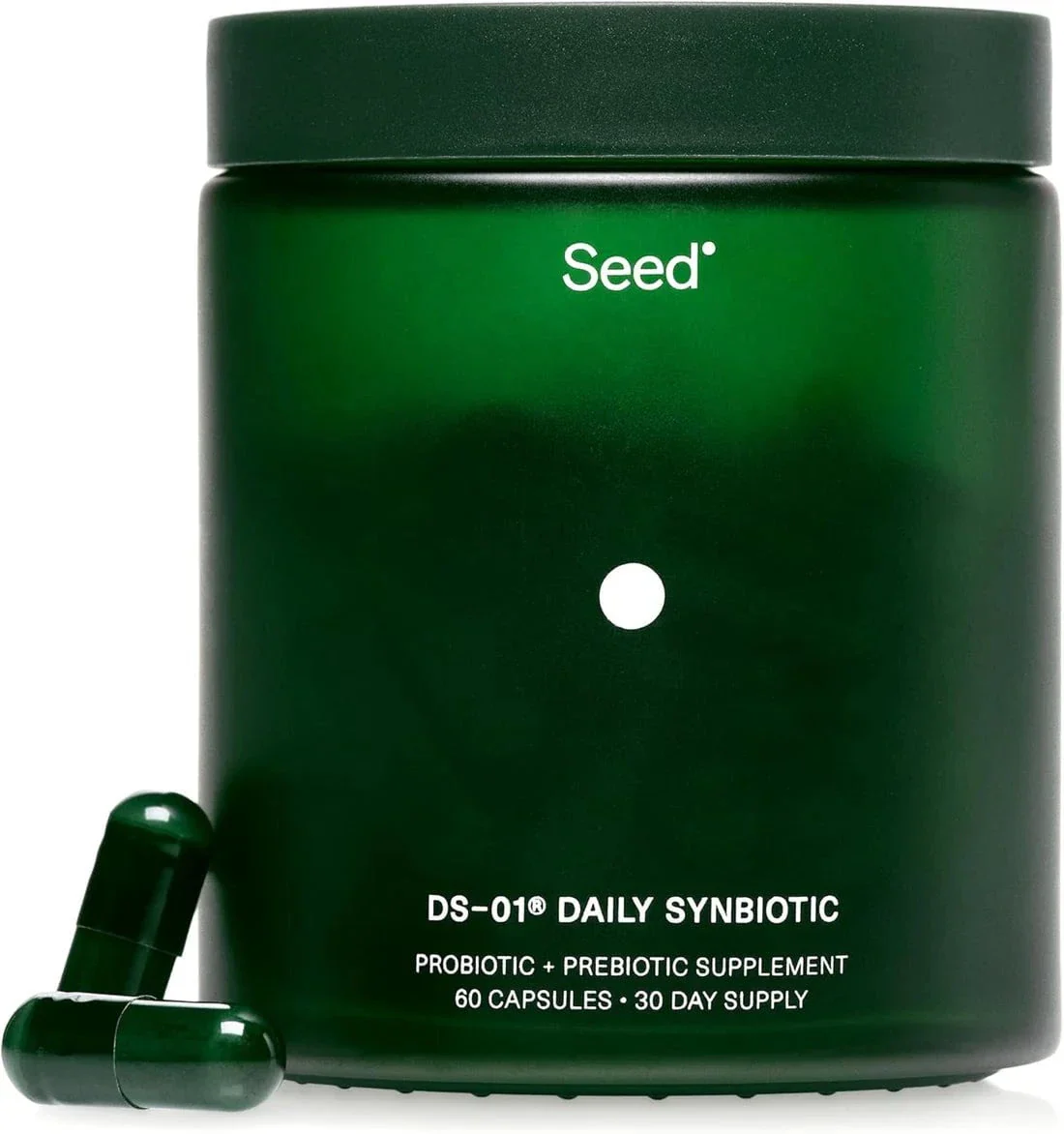
Probiotics: Why Gut Health is the Missing Link in Longevity and Resilience
I’ve been health-sensitive and health-conscious my whole life. Not because I wanted to, but because I had to. I watched nearly every member of my family get sick with significant illnesses—diseases that stripped away their energy, their clarity, their quality of life. That left me with one mission: figure out how to stack the odds in my favor.
And the more I dug into the research, the more I realized—everything keeps pointing back to the gut.
For years, probiotics were marketed as “good for digestion,” but that’s barely scratching the surface. Your gut microbiome—trillions of bacteria, viruses, fungi, and other microbes—acts like a hidden organ. It influences immune response, brain chemistry, energy metabolism, even how well you sleep.
When the microbiome is thriving, you feel it: energy steadier, mood calmer, immune system stronger. When it’s off? You pay for it with bloating, brain fog, inflammation, poor recovery, and long-term risk for disease.
This isn’t fringe anymore—mainstream research is catching up to what health-conscious people have known for years.
I’ve seen what happens when inflammation runs unchecked. I’ve seen how sickness steals not just years, but vitality. And every time I go back to the research, it’s the gut that shows up as the silent driver.
If the microbiome is stable, the body can resist stress, infection, and decline. If it’s broken, everything downstream—brain, heart, energy, immunity—falls apart faster. That’s why probiotics aren’t optional in my world. They’re part of the daily armor.
Probiotics aren’t one-size-fits-all. Here’s how I think about it:
Probiotics aren’t just for digestion—they’re for resilience. They’re about building a body that can withstand stress, fight back against inflammation, and stay sharp longer than genetics alone would allow.
After watching sickness consume the people I love, I don’t take chances with foundational systems. And the gut is as foundational as it gets. That’s why probiotics are a permanent part of my health stack.
Because prevention isn’t a luxury—it’s survival.
Not medical advice—just my experience plus the best evidence I could find.
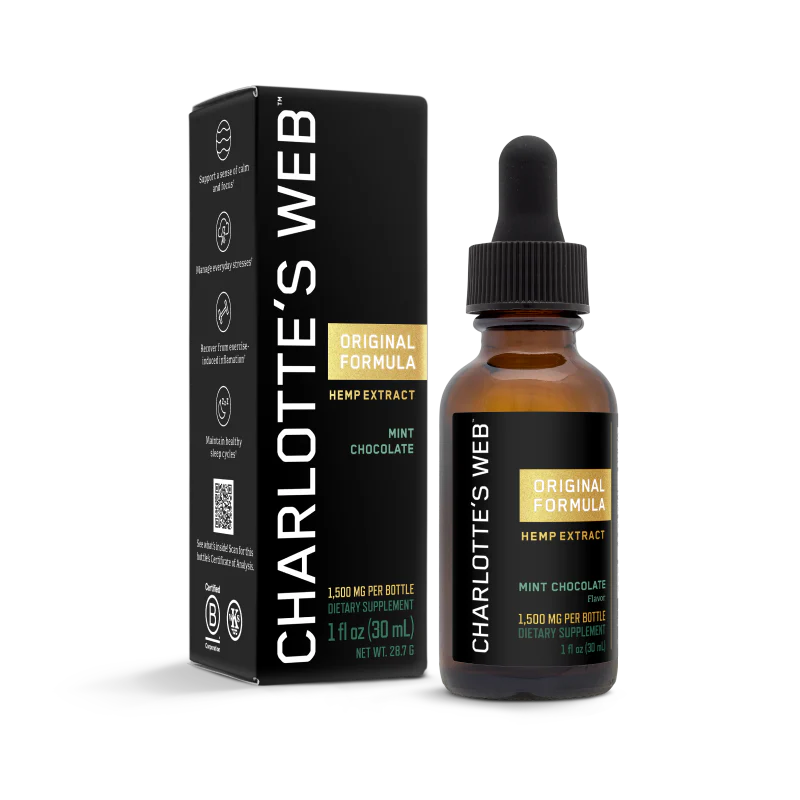
I’ve been health-sensitive and health-conscious for as long as I can remember. Not because I chose to be, but because illness was the backdrop of my life. I’ve watched family members suffer through cancer, autoimmune disease, heart problems, neurodegeneration—you name it. Those experiences burned one truth into me: if you don’t take prevention seriously, the system breaks down.
That truth is why I dig into the science. It’s why I test, refine, and protect every lever I can find to stay resilient. And one of the tools I keep coming back to is CBD.
Not as a fad. Not as a miracle cure. But as a proven way to calm the nervous system, reduce inflammation, and improve sleep—the three biggest drivers of health decline I’ve seen in my family and in myself.
CBD (cannabidiol) is one of over 100 cannabinoids found in hemp. Unlike THC, it won’t get you high. Instead, it works with your endocannabinoid system (ECS)—a body-wide network of receptors that regulate balance in almost every major system:
The ECS is like your body’s thermostat. It’s constantly adjusting to keep you in balance, or what scientists call “homeostasis.” But modern life—stress, toxins, poor diet, sleep disruption—throws that system off. CBD helps bring it back online.
1. Stress and Anxiety
2. Sleep Quality
3. Pain and Inflammation
4. Neuroprotection
5. Mood and Emotional Stability
I’ve seen what happens when stress runs unchecked. When poor sleep compounds over years. When inflammation slowly erodes the body until disease takes root.
That’s why CBD matters to me. It’s not about “chill vibes” or trendy gummies. It’s about protecting the nervous system—one of the most fragile and most important systems for survival.
If the nervous system collapses, everything downstream—immune function, digestion, brain clarity, heart health—collapses with it. CBD is one of the simplest, safest ways I’ve found to prevent that.
Daily Stress & Baseline Resilience
Sleep Optimization
Inflammation & Recovery
Forms of CBD
Full-Spectrum vs. Isolate
CBD can support almost anyone, but it’s especially powerful for:
CBD isn’t a miracle pill, but it is a proven tool. One that helps restore the balance modern life constantly strips away.
For me, it’s not about chasing trends. It’s about building resilience—because I’ve seen what happens when you don’t. Stress burns people out. Poor sleep erodes vitality. Inflammation accelerates disease.
CBD is part of how I fight back. A lever I can pull to protect the nervous system, stabilize my body, and give myself a fighting chance at longevity.
Because when you’ve seen illness consume the people you love, you stop playing games with your health. Prevention stops being optional—it becomes survival.
Get clear, evidence-backed answers to your top wellness questions. No fluff—just facts.